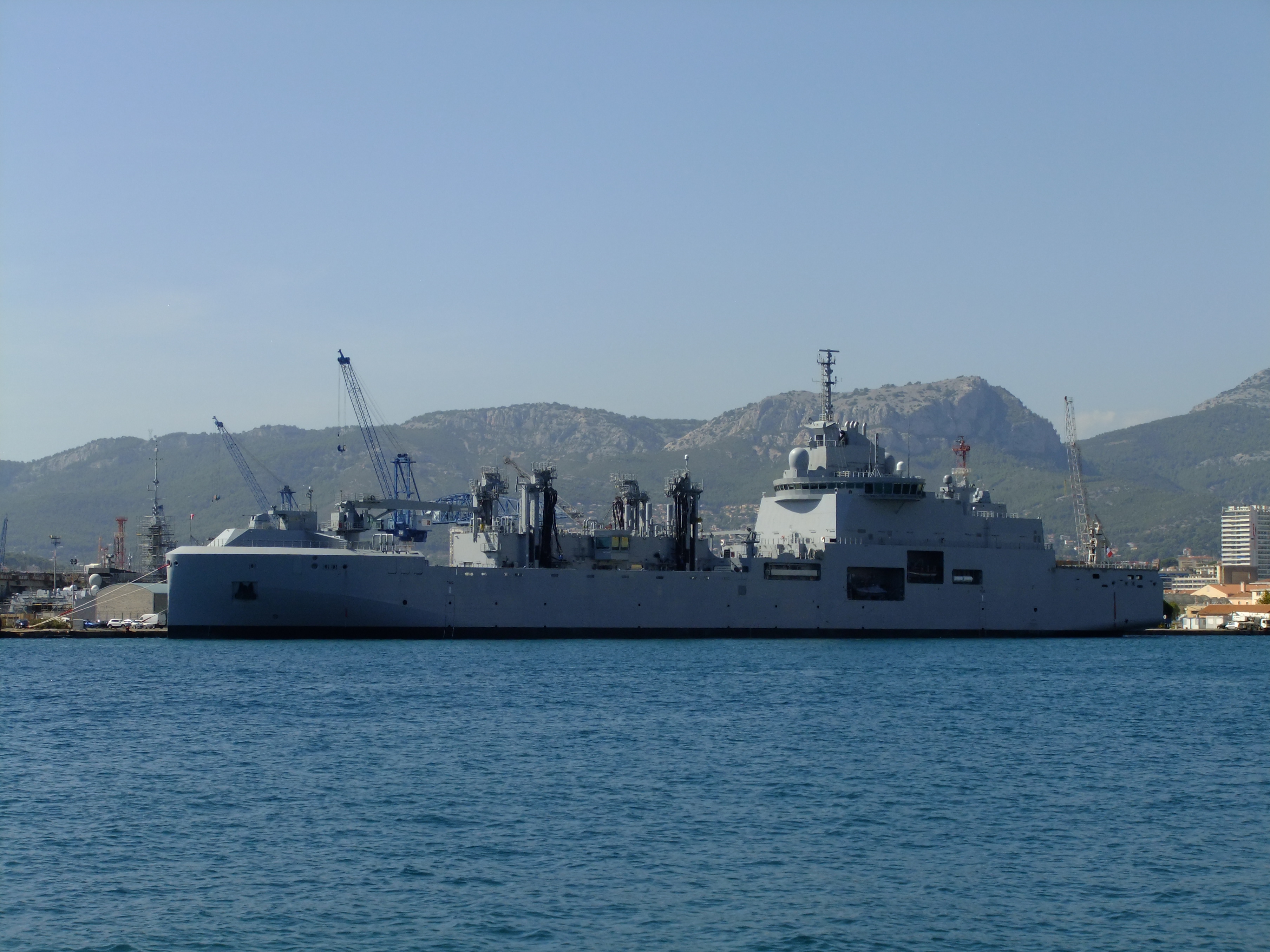Abstracts
Articles published in the French edition of RDN this month
Eurosatory - The Land Army in face of its missions - Bertrand Ract Madoux
Heiress to the techno-operational choice made fifteen years ago, strong with a well-kept operational preparation and a reactive adaptation conducted by the experience of numerous and difficult combats, the Land Army is a versatile and reversible tool whose coherence and adaptability remains one of the major general concerns of the chief staff.
Preamble - China, the new “yellow peril” - Pierre Conesa
While demonstrating the dynamic construction that has made China a suitable enemy for gathering the occidental community together, the author reveals another China that would encourage to reinforce the international community and take a constructive part of global governance.
Foreword - Importance and perspectives of global maritime security - Patrick Boissier
The development of the flow of globalization is principally supported by the oceans. It depends closely on the safety of the activities it develops, either by trading, or by exploiting the richnesses that relay more and more on the products on the land. France, a historical naval actor, has the important capacities to assert its participation in a developing maritime governance.
Cyberstrategy
The cyberdefense - Jean-Marie Bockel
The author, a reporter of the Senate on the issue, encourages the readers to be obtain a general awareness of the vulnerabilities of the informational activities of the country. From recent findings, the comparison with our partners, the slow starting of our posture to cybernetic security, leading to advocation for determined reinforcement of French cyberdefense.
Cyberspace: definitions, representations - Daniel Ventre
By sharing possible representations of the cyberspace, we could measure the importance and the variety of the domains that we cover. By undertaking to modelize it by a multilayer system, we could understand better that it represents a transverse battlefield that affects all related spaces.
The frame of cyberstrategy research - Olivier Kempf
In this typological reflection of inventory value, the author clarifies boldly the field of cyberstrategy and outlines multiple tracks of research, allowing to take over this new strategy fact that is still largely unexplored.
The use of force in cyberspace and the international law - Loïc Simonet
How to qualify a cyber-attack? Is it entitled to legitimate defense? How to solve the question of imputability of the attack especially when it is infra-state? Many questions pose for the jurist and will be treated by the author.
To act and to react in the cyberspace - Vincent Joubert
The last territory open to strategy, the cyberspace integrates itself gradually into the general military strategy. It remains to calibrate the defensive and offensive, as well as the juridic and technical strategic dimensions, and to evaluate the deterrent potential. The author, who focuses on figuring out the offensive capacity hidden in the cyberspace, participates in this analytic effort.
Advanced Persistent Threats: what responses to take? - Sébastien Héon
Counterpart of the informational progress, the encysted vulnerabilities in the systems are the doors of entry for the predators. To detect, to contain and to repair the damage done by malicious intrusions requires the help of a friendly third party and a rigorous methodology.
Opinions and Viewpoints
Six strategic lessons of the Operation Unified Protector of the NATO in Libya - Florence Gaub
The operation of the NATO, principally aerial, was combined with the rebel forces on ground. Several first lessons could be learned in: the role of the aerial power, the positioning of an operational HQ, the knowledge of the field and the strategic communication or the political-military coherence.
Mali: vive the colony! - Claude Le Borgne
The author proposes to a historical and sociological peregrination, to take the measure of current turmoils affecting Sahel under the pressure of the Tuareg claim. Such claim reveals the wise inertia of balance, that have structured the French African empire and have unveiled the first perverted effects of the Libyan transition.
The Syrian dilemma of the Hezbollah - Jean-Loup Samaan
Today, the Lebanese Hezbollah is weakened by the shaking of the regime of Damas, who has been a constant support, even though prudent and constitutes a complementary support provided by Iran. The difficult re-balance going on influences the Lebanese political life and compromises the chance of Hezbollah surviving from the crisis.
The Arab Spring in the ordeal of the Salafism - Khalifa Chater
The author proposes in this informing text a genealogy, treated by the Salafist school, who is one of the most active of the Arab Spring that the Mediterranean knows. Starting from the Egyptian example and the Tunisian experience, he shows that this school dominates Islamic politics today and structures different scenarios in the future of the North African region.
About Afghanistan, a faraway war? - René Cagnat
The enlightened reflection of the author, who is a regional military expert, gives us a strong message from a book that denounces the technical derivative of the combat of infantry and calls for another way to combat in the 21st century. It is more concerned with the “just war” facing a merciless enemy that is today’s adversary in Afghanistan.
The New START Treaty: a necessary or an exceeded treaty? - Steven Ekovich
By contracting a new treaty of strategic weapons reduction, the United States and the Russia Federation breathe life into an old strategic dialogue again. However, it is not certain that they would read the situation same and engage genuinely in the same voice, notably because the anti-ballistic mortgage opposes them.
What is the future of the HRM of the army? - Gaël Kerréneur
The profound transformation that the Ministry of Defense has gone through upsets the management of military human resources. The decrees of 2009 that reorganized the governance of the ministry about the chief of staff and the HRM of the armies. Even if they fade in front of the EMA/HR, the operational efficiency of the armies will still be guaranteed and their reason for existence will be kept.
Occidental Universalism: Is it an ancient illusion or a global success? - Nicolas Tenzer
Far from taking the occidental claim to a universal avant-gardism, this reflection, inspired by the universalization of the planet and by the different spaces of current progress, is an invitation to openness and to individual and collective exemplification of the developed world.







